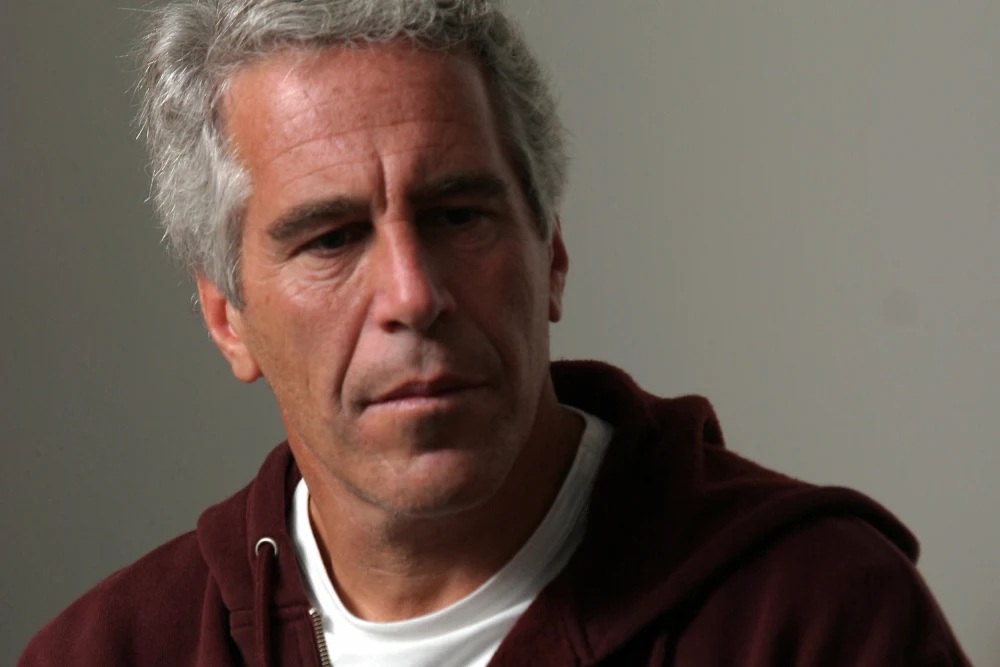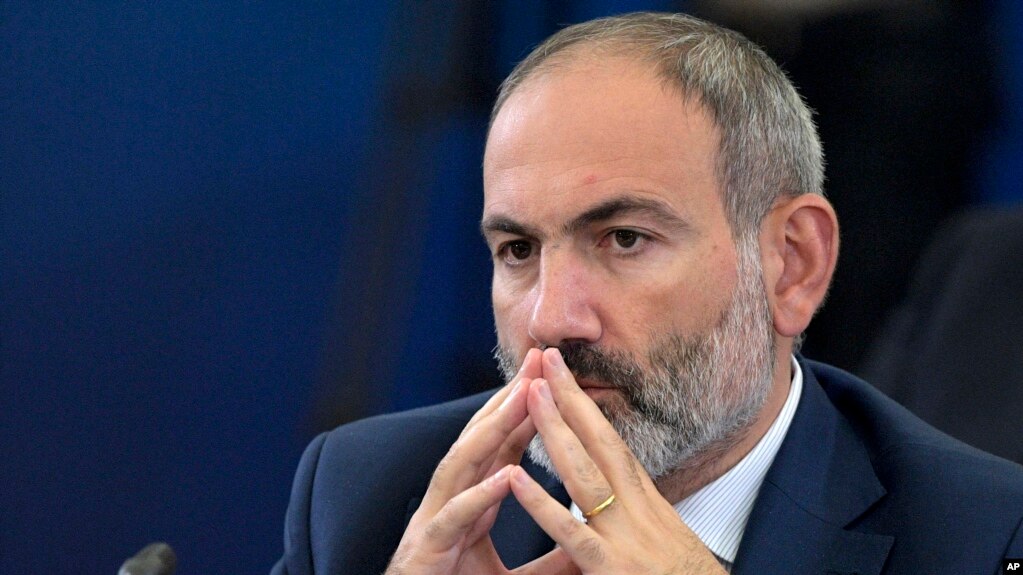
Natural gas prices keep hitting new records in Europe. The drop in supplies sparked a new wave of volatility across the European gas market, where transactions hit a ceiling of more than $1500 per thousand cubic meters. Which countries will suffer the most?
By Nikola Mikovic
It is a well-known fact that energy-poor Europe is heavily dependent on the Russian natural gas. In spite of that, many European nations strongly opposed the construction of the Nord Stream 2 pipeline, connecting Russia and Germany via the Baltic Sea.
For many months, European leaders have been repeating the US official narrative that Nord Stream is a “Russian geopolitical project”. In reality, it is a product of an agreement between Russia’s state-owned energy giant Gazprom and several European oil and gas corporations, namely Royal Dutch Shell, German utility company E.ON, French electric utility Engie, and Austrian integrated oil and gas company OMV. Even though the construction of the pipeline is finished, it may take time for gas to flow via pipes of Nord Stream 2.
Before Germany's energy regulator approves the project, Nord Stream 2 must comply with European unbundling rules that require pipelines owners to be different from suppliers of gas flowing in them to ensure fair competition.
Meanwhile, Russia keeps reducing gas supplies to Europe via the existing pipelines. On the other hand, Gazprom has recently signed a long-term contract with Hungary and Croatia, and according to reports the supply of the natural gas has begun via a new route – through the TurkSteam pipeline and further along the national gas transmission systems of Bulgaria and Serbia. Such a move suggests that Russia has already started avoiding Ukraine as a transit country.
“Gazprom stopped gas transit through Ukraine to Hungary,” Yuri Vitrenko, the CEO of Ukraine’s pipeline operator Naftogaz, confirmed.
Ukraine is the only European country that abandoned its long-term gas contract with Russia’s energy giant Gazprom, and is now forced to buy Russian natural gas at a market price – $1000-1200 per thousand cubic meters. Although such a decision will have an enormous impact on the Ukrainian state budget, the Eastern European nation will unlikely freeze this winter.
The country’s officials claim that Ukraine has sufficient gas stocks in its underground storage facilities to ensure a stable heating season. Thus, for the current winter and until springtime, Ukraine and its population have been secured against a possible gas restrictions.
However, Kiev has no guarantees that Russia will not start new negotiations with the governments of European countries on direct gas supplies bypassing Ukraine. That is why Ukrainian officials want Germany and the United States to impose sanctions on Gazprom over its deal with Hungary.
Ukraine claims that Russia is using gas as a political weapon. The former Soviet republic’s accusations come amid calls by European parliamentarians to investigate possible market manipulation by Gazprom amid record-high gas prices in Europe.
The Kremlin, on the other hand, claims that Russia is fulfilling its gas export obligations under existing contracts. It is worth noting that in early September, Russian President Vladimir Putin pointed out that nations that have signed long-term gas contracts with Russian energy giant Gazprom may "rub their hands." In other words, such nations will be receiving Russian natural gas at a price that much is lower than the market one.
In the meantime, the West will likely continue to accuse Moscow for the European gas crisis. In 2015, the US Senator John McCain said that Russia is, more or less, a giant gas station pretending to be a real country. In May, Jennifer Granholm, the head of the US Department of Energy, stressed that Russia was transporting “the dirtiest natural gas on earth” through Nord Stream.
Finally, former British Prime Minister Margaret Thatcher reportedly once said that in the Soviet Union “there are no products on the shelves, and there is no gasoline." It turns out that she accurately foresaw the situation in Great Britain where fuel shortages and empty shelves have become an every-day reality in 2021.
Indeed, in the short to mid-term, the UK and many European countries will continue to face energy shortages. The situation could improve once Nord Stream 2 becomes fully operational, unless the energy crisis is a product of lack of gas and oil globally. What is the era of the fossil fuels is really coming to an end?
Nikola Mikovic is a Serbian journalist and a senior Geopolitical Analyst he publishes often for The Levant News.






